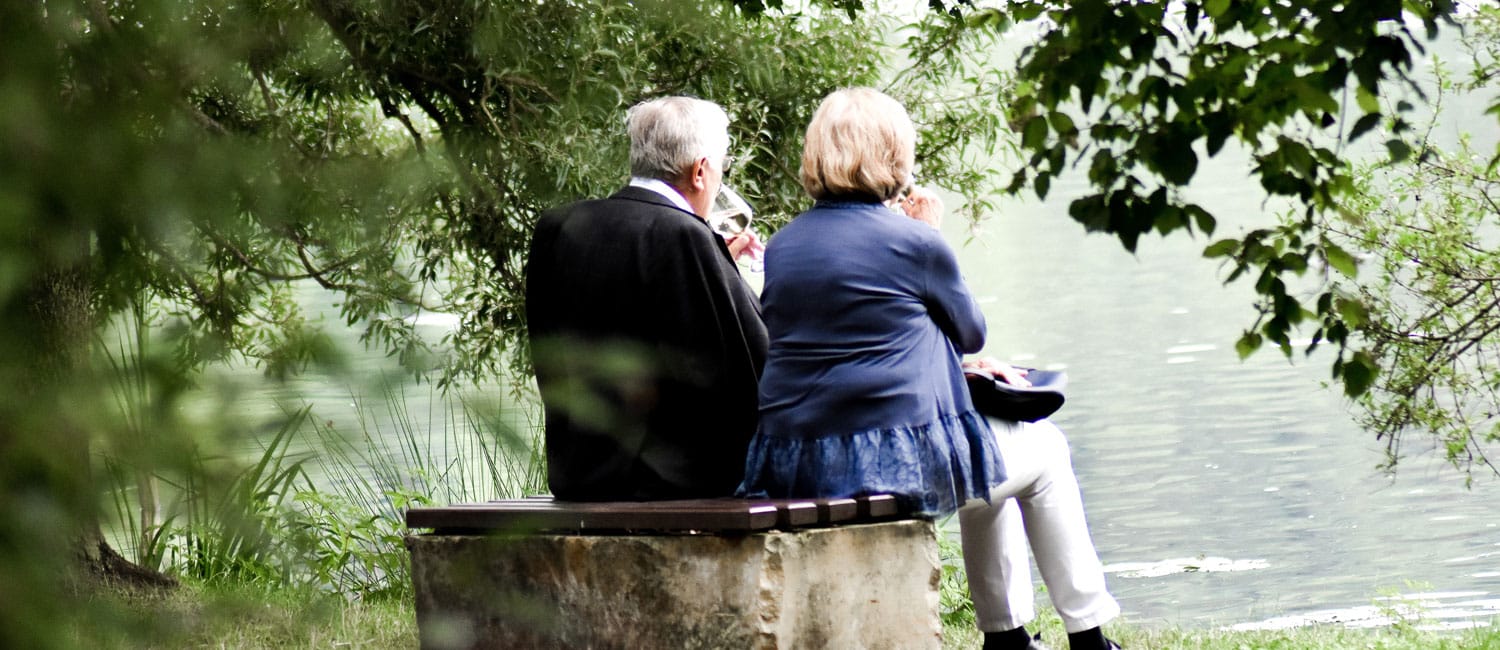The Coronavirus pandemic has taken its toll on the civil liberties we’re used to. Countries across the globe struggling with COVID-19 have introduced some restrictive measures for their entire populations. While younger and middle-aged people can move with certain limitations, elderly people need to stay at home. In some countries, people older than 65 years of age can leave their homes only a few times per week to get groceries.
This physical and social isolation can leave numerous negative effects on the elderly. At this time, it’s vital that they don’t fall into despair.

So let’s look at how isolation can affect the elderly and what they can do to mitigate its consequences.
Lack of physical activity
Regular physical activity is crucial for the wellbeing of the elderly. Those aged 65 and older usually go for regular walks to keep their body vigorous and their mind fresh. According to a study published by Harvard Medical School, the elderly who walk regularly decrease the risk of becoming disabled.
During these walks, the retired meet their peers and friends, which helps cultivate their social life as well.
The present circumstances caused by the coronavirus prevent the elderly from this physical activity. This lack of movement may accelerate some negative processes, such as arthritis or hypertension.
To stay active, you can work out at home. If you don’t have any specific exercises that you like to do, you can have a look at this workout program for the isolated elderly.
Depression and pessimism
If you can’t see your family or friends for a longer time, you might develop different forms of depression. Different people perceive isolation in different ways, and it can be particularly tough for sensitive people and extroverts. In truth, nobody is immune to the changes our brain experiences while being isolated.
One of the most efficient ways to nip depression in the bud is to keep in touch with your loved ones via digital communication tools. Sharing a few messages a day with your family members and friends will certainly have a positive effect on your mental and emotional wellbeing. Additionally, making video calls to see your grandkids is another practical way of staying socially active.
To maintain both their physical and mental health, it’s also important for the elderly to focus on their daily routine and diet. Getting overweight during this period can result in health issues and emotional difficulties afterward, so it really helps to keep preparing healthy food and stick to your daily routines. Those who haven’t cooked before can use this time to learn how to prepare food. For instance, this can be an interesting activity for elderly couples.
Loss of cognitive skills
With age, the brain gradually starts to lose some of its cognitive functions. As time goes by, these changes become more obvious. We tend to forget more and memorize less.
Also, our emotional system becomes different with age. Some elderly people become more vulnerable while others are completely close in feelings-wise. A longer period of self-isolation can intensify these processes. What you can do to alleviate them is to maintain your cognitive skills. Regular physical exercise, which we’ve already mentioned, can also yield benefits for cognitive health.
You can also make your brain stronger by reading on a regular basis. Select several books you would like to read during this isolation period and establish a reading schedule. Think about forming a chat group with your friends who like to read to share literary suggestions and discuss the books you’ve read.
Apart from that, learning a new language or playing a musical instrument are also efficient ways to keep your brain sharp and focused. For two elderly people living together, for example, these activities can become a fantastic source of fun. Dancing is another similar activity that will engage both your brain and your body while sparking some positive emotions.
Worldwide, mandatory social isolation has got us all feeling unsettled. It can be even more distressing if you belong to the group of isolated elderly, who are facing dozens of challenges daily to keep their mind and body positive.
Stick to your daily routines, be careful with your food intake, and stay physically active as much as you possibly can. Also, pay attention to your mental and emotional health to stay sharp and grounded during isolation. We hope that our tips will help you get through this period and maintain a comfortable lifestyle.

